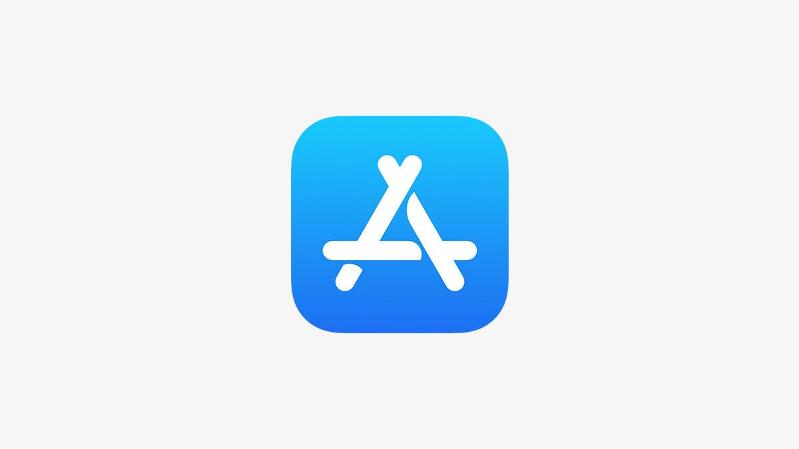After last week agreeing changes to the App Store guidelines in response to a class-action lawsuit from US developers – allowing them, for example, to tell users about alternative payment methods – Apple has announced another concession to external pressure.
The company has reached a settlement with Japan’s competition authority after a two-year investigation, and will allow developers of so-called ‘reader’ apps – apps such as Kindle, Netflix or Audible that provide access to previously purchased or subscription content – to display a link to an external website where they can create an account and subscribe.
Such apps are already allowed to charge subscribers via their own payment methods, sidestepping Apple’s usual revenue cut for in-app purchases, but in the past the company has made it awkward for them to direct users to websites where they can sign up or manage their account. At time of writing, for example, the Account section of the Netflix iOS app offers an instruction to “go to Netflix on the web to manage your account”, with no link to do so. Once the changes take effect, Netflix will be able to add a link, which is an easier option for all concerned.
It’s unclear at this point how accommodating Apple will be, however, in terms of presentation. My colleague Jason Cross speculates that it may allow only a bare link labelled “Account Management” or similar, rather than information about subscription prices.
Although the agreement was made with the Japan Fair Trade Commission (JFTC), Apple says the change will apply globally, presumably either to simplify the rules or (more likely) in anticipation of challenges in other countries now that the precedent has been set.
“To ensure a safe and seamless user experience, the App Store’s guidelines require developers to sell digital services and subscriptions using Apple’s in-app payment system,” the company said in a statement. “Because developers of reader apps do not offer in-app digital goods and services for purchase, Apple agreed with the JFTC to let developers of these apps share a single link to their website to help users set up and manage their account.”
The rule changes will come into force in early 2022 but 9to5Mac observes that they do not affect other in-app purchases – only subscriptions and account management are covered by the update.
Examples of content in reading apps includes newspapers and magazines, books, audiobooks, music and videos. As well as the examples given above this includes Spotify, one of the loudest voices complaining about Apple’s App Store rules.
This article originally appeared on Macworld Sweden. Translation (using DeepL) and additional reporting by David Price.

